Social, economic and environmental sustainability
The Group’s activities have always been aimed at creating value for Stakeholders and for the entire community, by generating positive impacts on the whole economic, social and environmental system, by offering efficient and affordable services that are sustainable over time
Human resources
Our employees are the company’s most important asset.
Acknowledging the importance of protecting and promoting the diversity of each person, capable of generating value added across all business processes, the Group has also embarked on a virtuous path by investing in the development of initiatives supporting inclusion and diversity, particularly through training relating to the skills acquired after becoming a parent and webinars dedicated to Diversity & Inclusion.
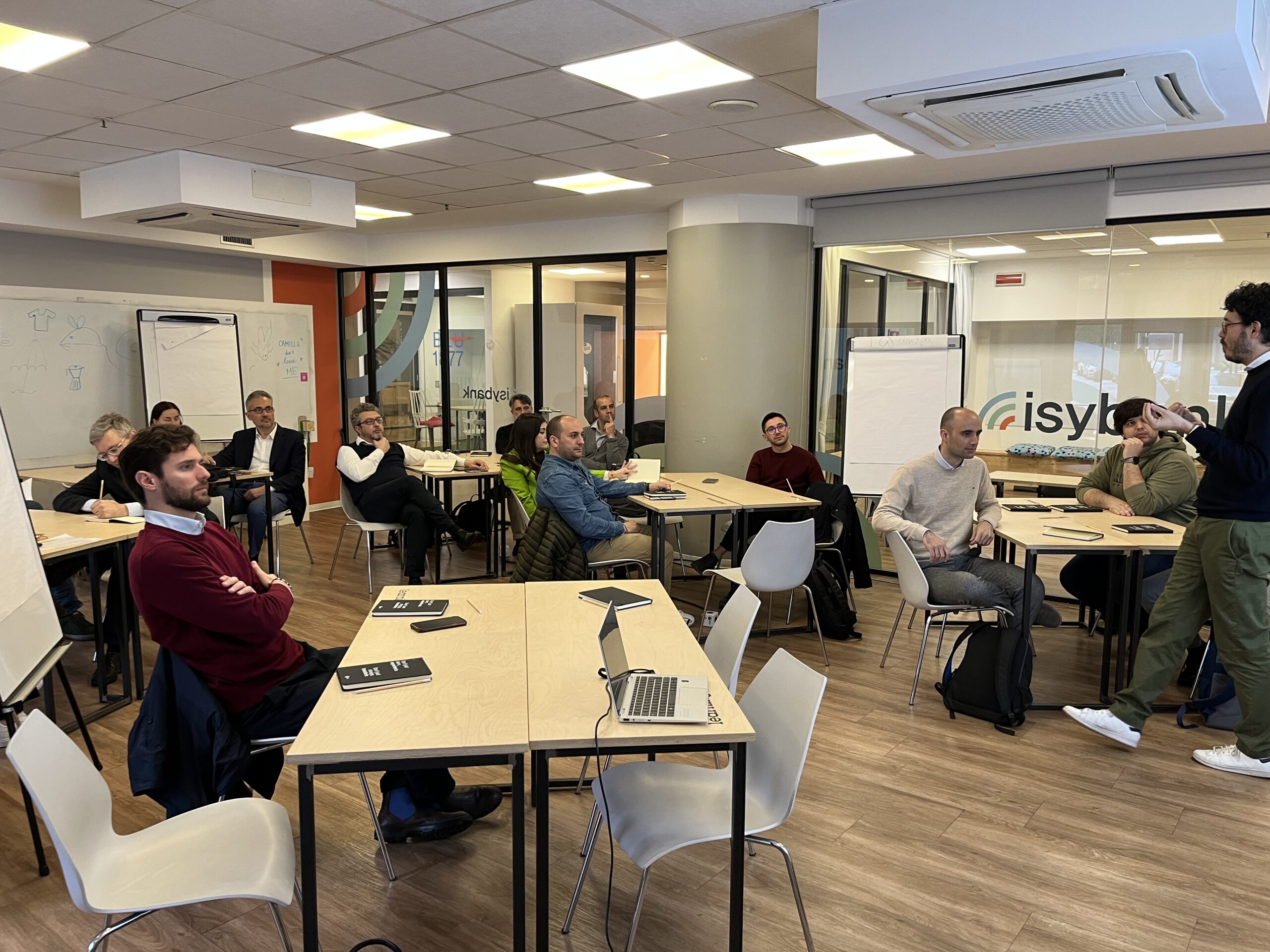
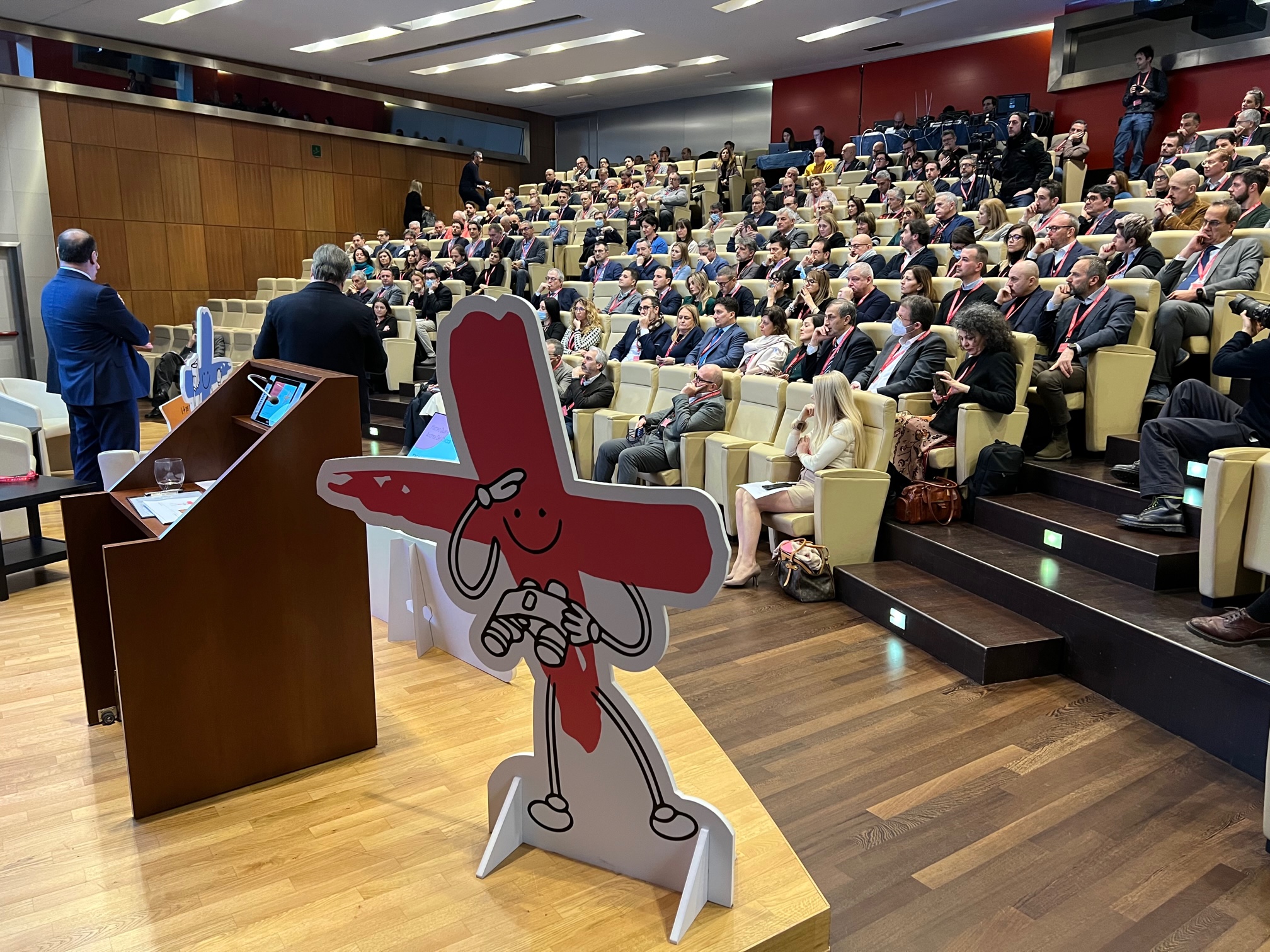
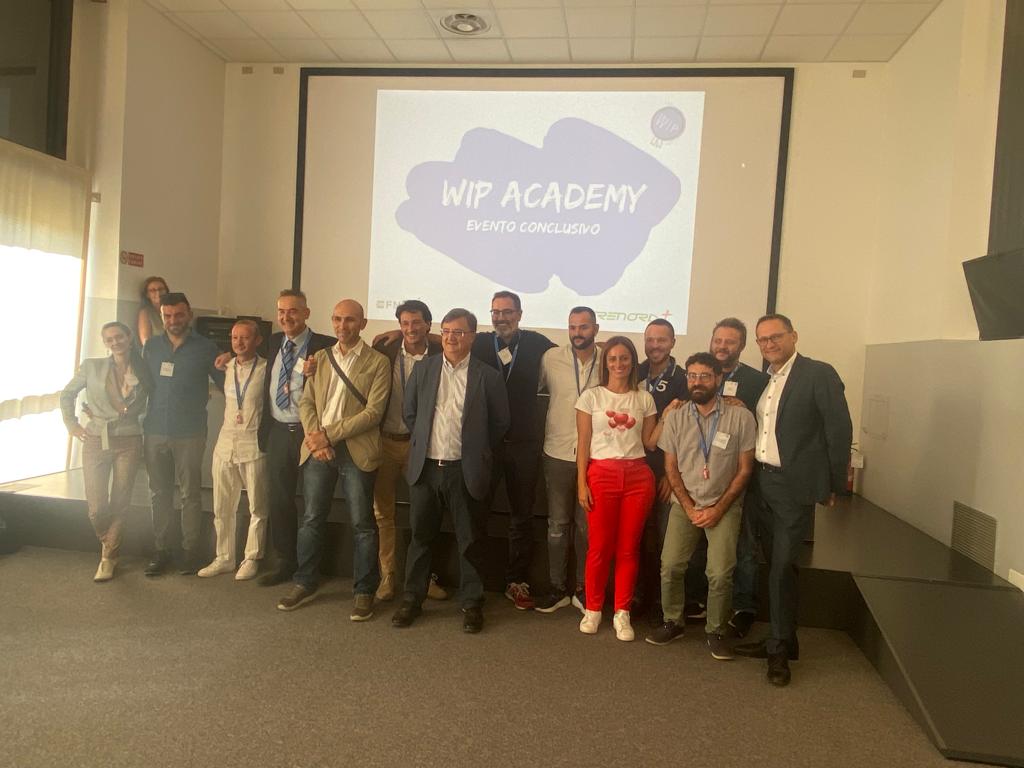
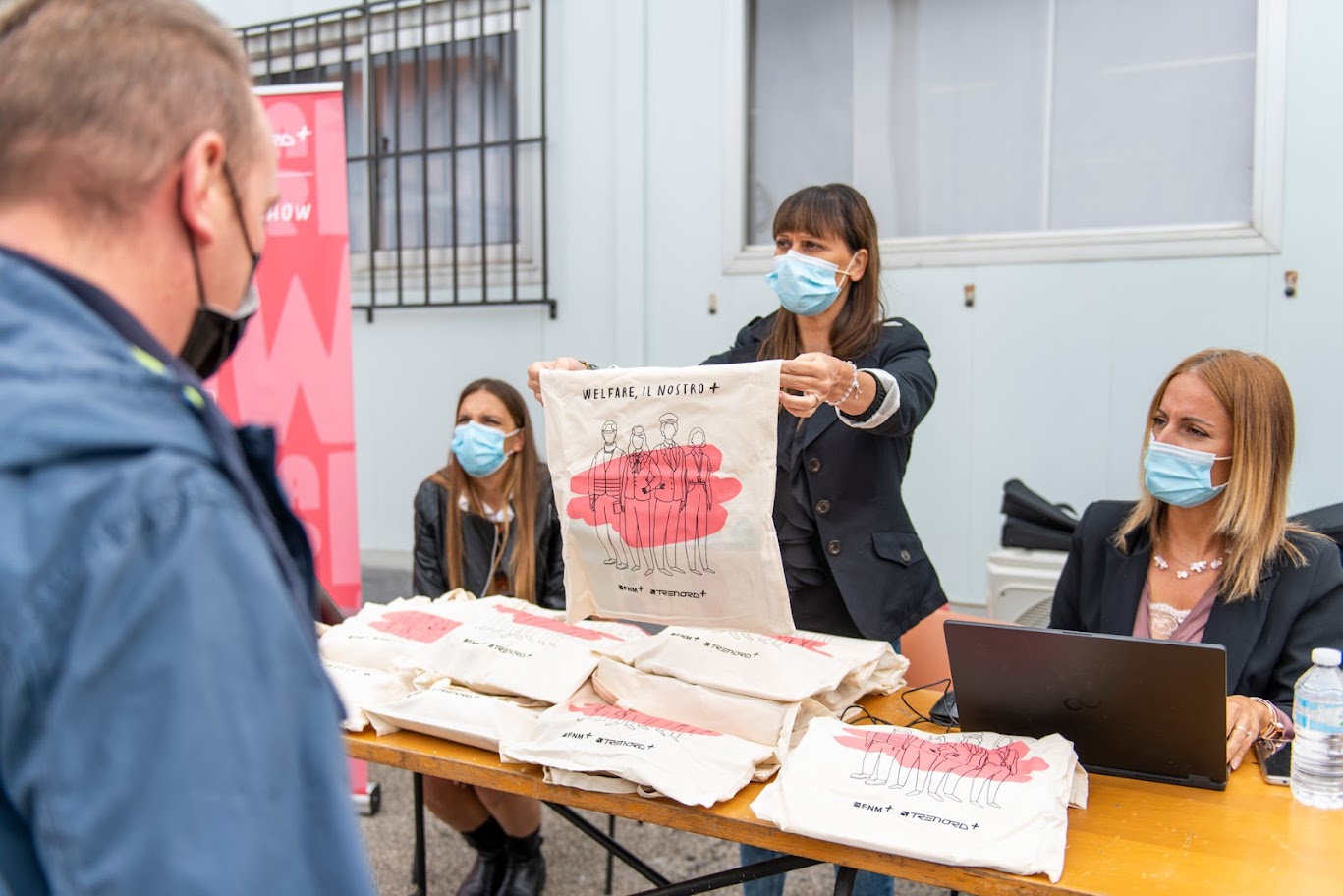

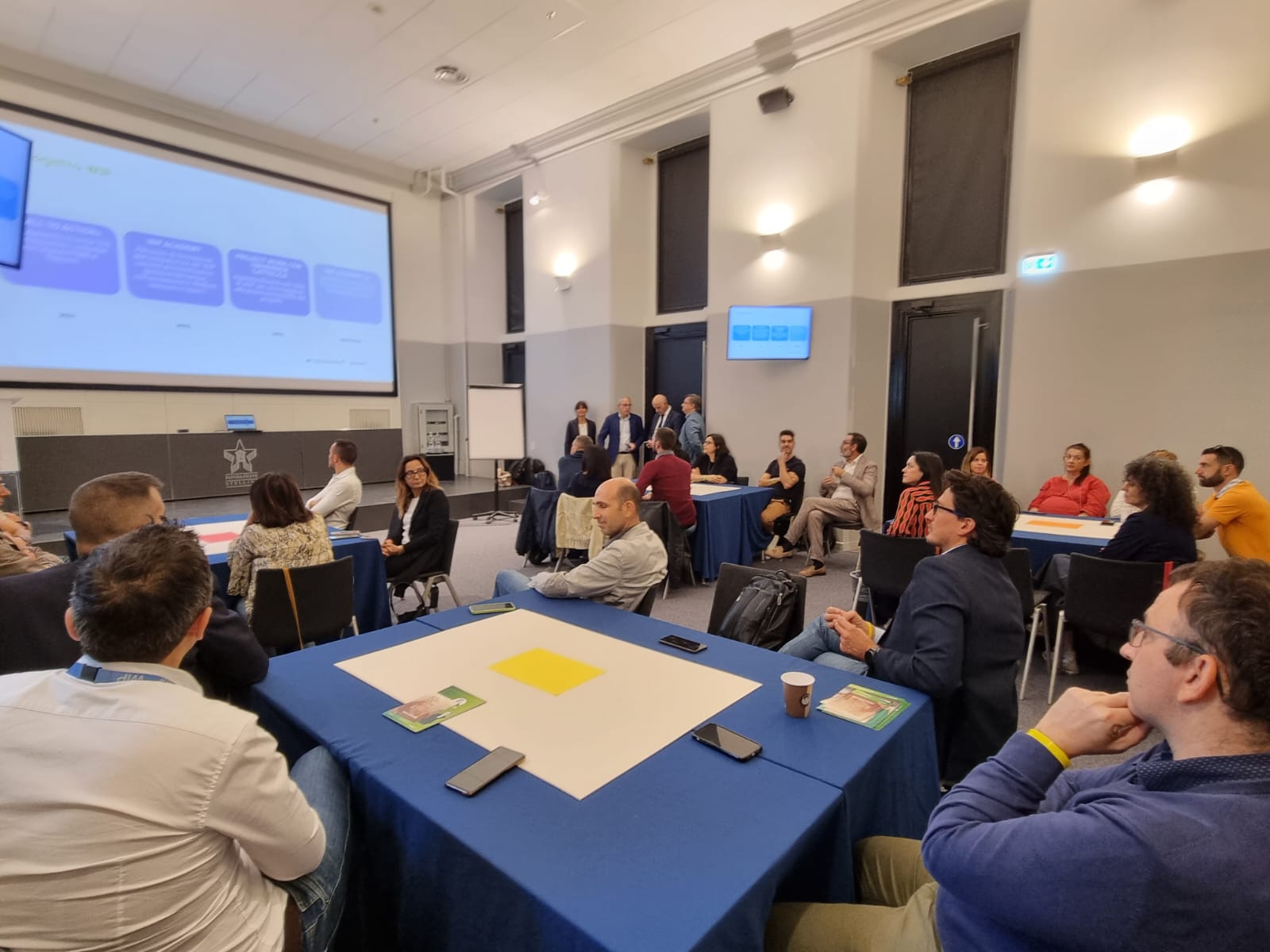






The company
Maintaining and developing constant relations with the local area is crucially important for the FNM Group. In this context, in line with the Code of Ethics and additional relevant internal policies and procedures, the Group is committed to carefully managing the trends connected with the local area, with particular reference to transparent communication and promoting social initiatives
Environmental sustainability
Climate change is the major global crisis of our time. The goal of climate neutrality is inescapable and constitutes a complex but possible challenge full of opportunities for a prosperous and resilient economy.
Again in 2023, the FNM Group renewed its commitment to involve all business segments, to encourage the reduction of energy consumption and urge the population towards sustainable mobility, and monitor its climate-changing gas emissions. The Group’s environmental commitment is not limited to energy saving, but is reflected in its planning, construction and maintenance choices with regard to infrastructure, taking into account available economic resources and adopting eco-friendly design standards. Particular attention is also paid to mitigating landscape impact, preventing noise pollution and protecting biodiversity, as well as to improving waste and water management.
RAIL TRANSPORT AND CONSUMPTION REDUCTION
Rail transport is one of the most energy-efficient modes of transport. Although it accounts for 8% of global motorised passenger movements and 7% of global freight movements, it is responsible for just 2% of the transport sector’s energy consumption. Trenord manages activities that may have an impact on the environment via its IntegratedManagement System, which is certified according to ISO 9001:2015 and ISO 14001:2015 standards. The company is committed to reducing its direct impact and strives to hone processes to make them more effective and efficient. Thanks to close links with train constructors, infrastructure management companies and railway companies, effective tools have been adopted to reduce facility and train consumption.
High-voltage electricity consumption associated with train transport is predominantly linked with powering rolling stock, while E-Vai services are CO2-neutral, as 100% of the energy for recharging cars comes from certified renewable sources.
CLIMATE-CHANGING EMISSIONS INTO THE ATMOSPHERE
The FNM Group, starting from an analysis of each company’s energy consumption, reports direct and Scope 2 indirect climate-changing emissions through a methodology for the standardisation of emission contributions and a procedure shared between the FNM Group’s various companies. In addition, the Group has embarked on a journey to calculate Scope 3 indirect emissions, with a view to taking part in the SBTi (Science Based Targets initiative). The methodological approach is presented in detail in the Sustainability Report-NFS.
The principles that govern the Group’s policies and actions, as well as the initiatives taken to make its activities in the environmental sector more accountable, are illustrated in detail in the Sustainability Report-NFS. and in the “Sustainability initiatives and projects” section.
